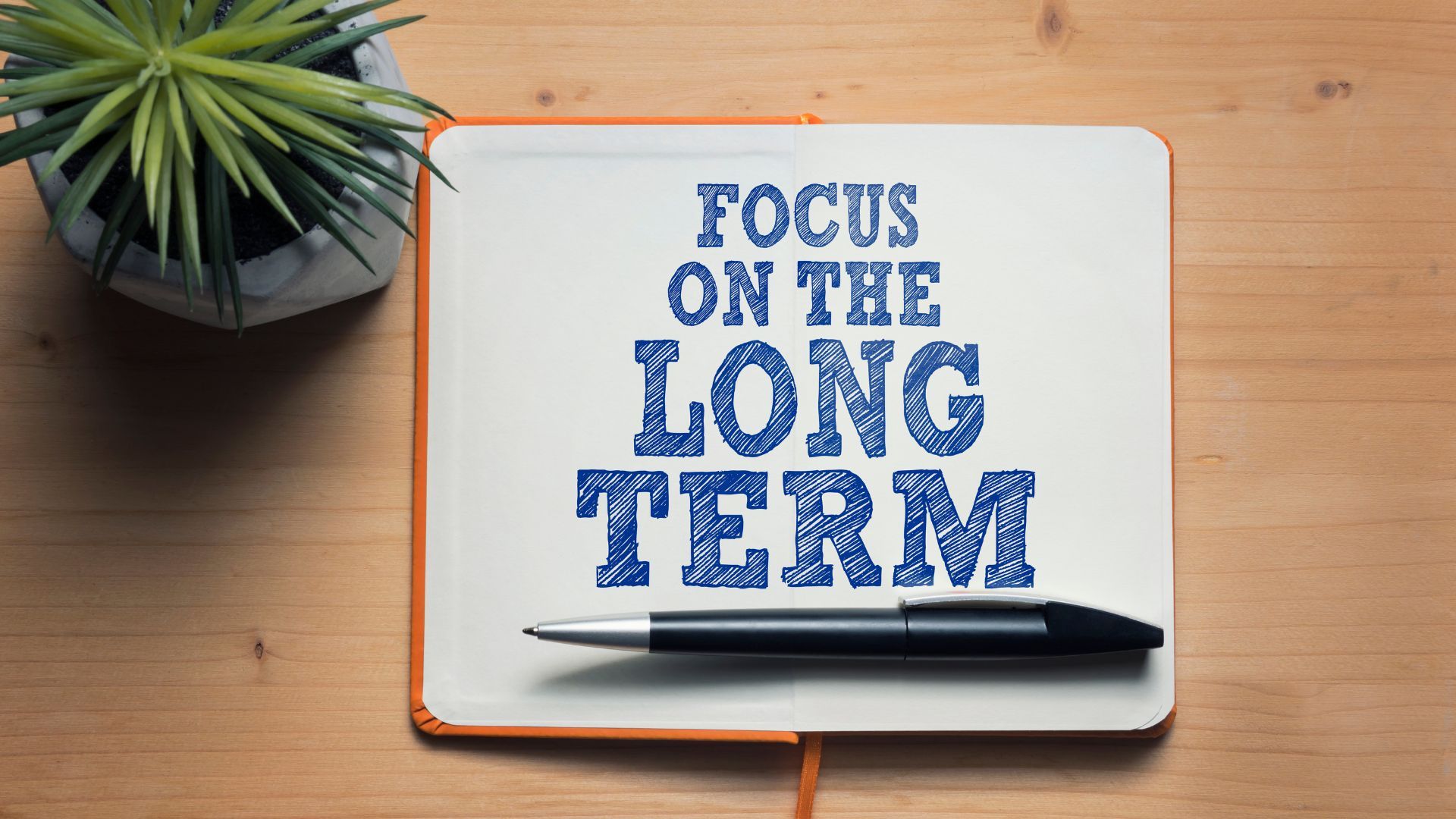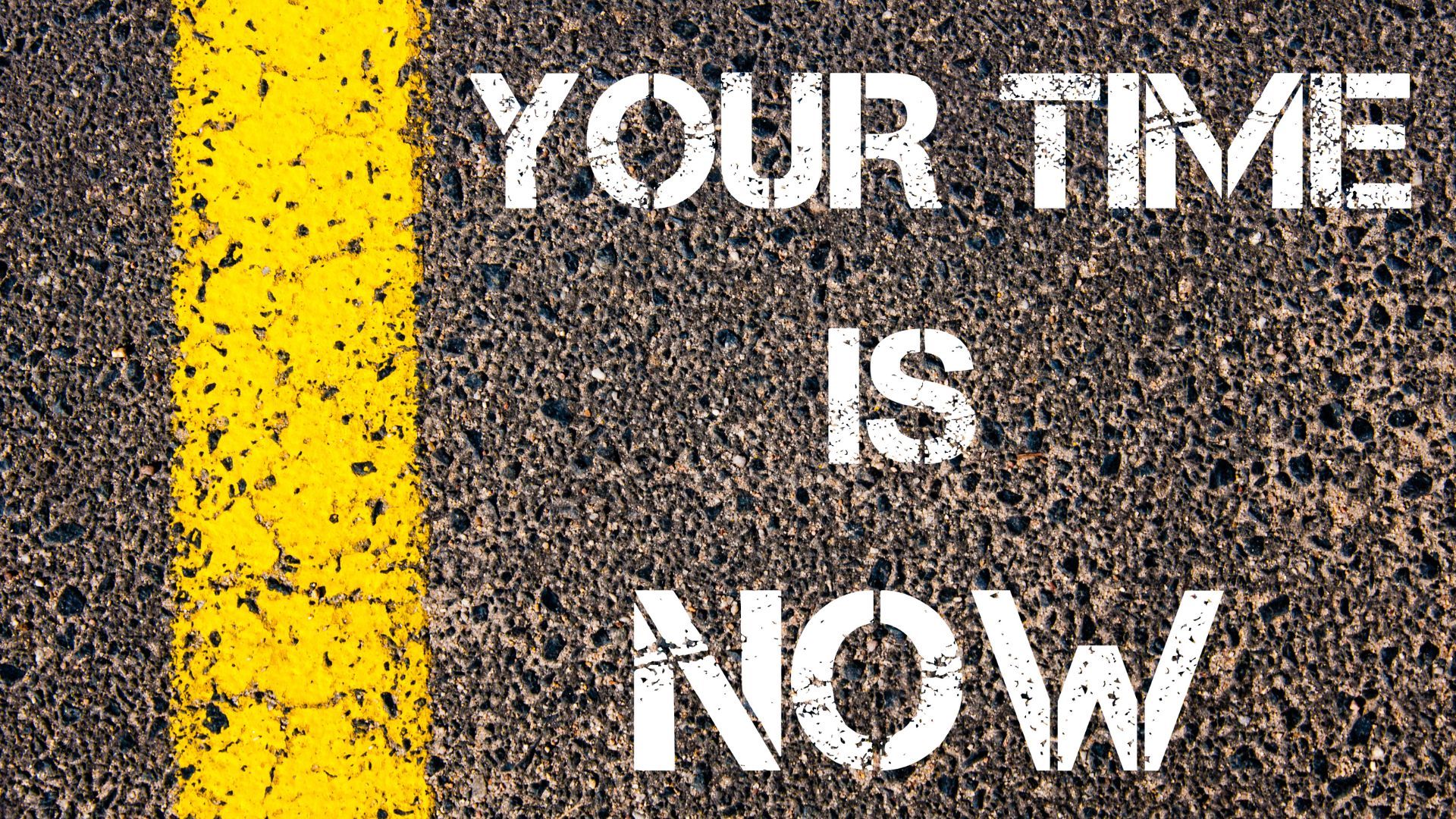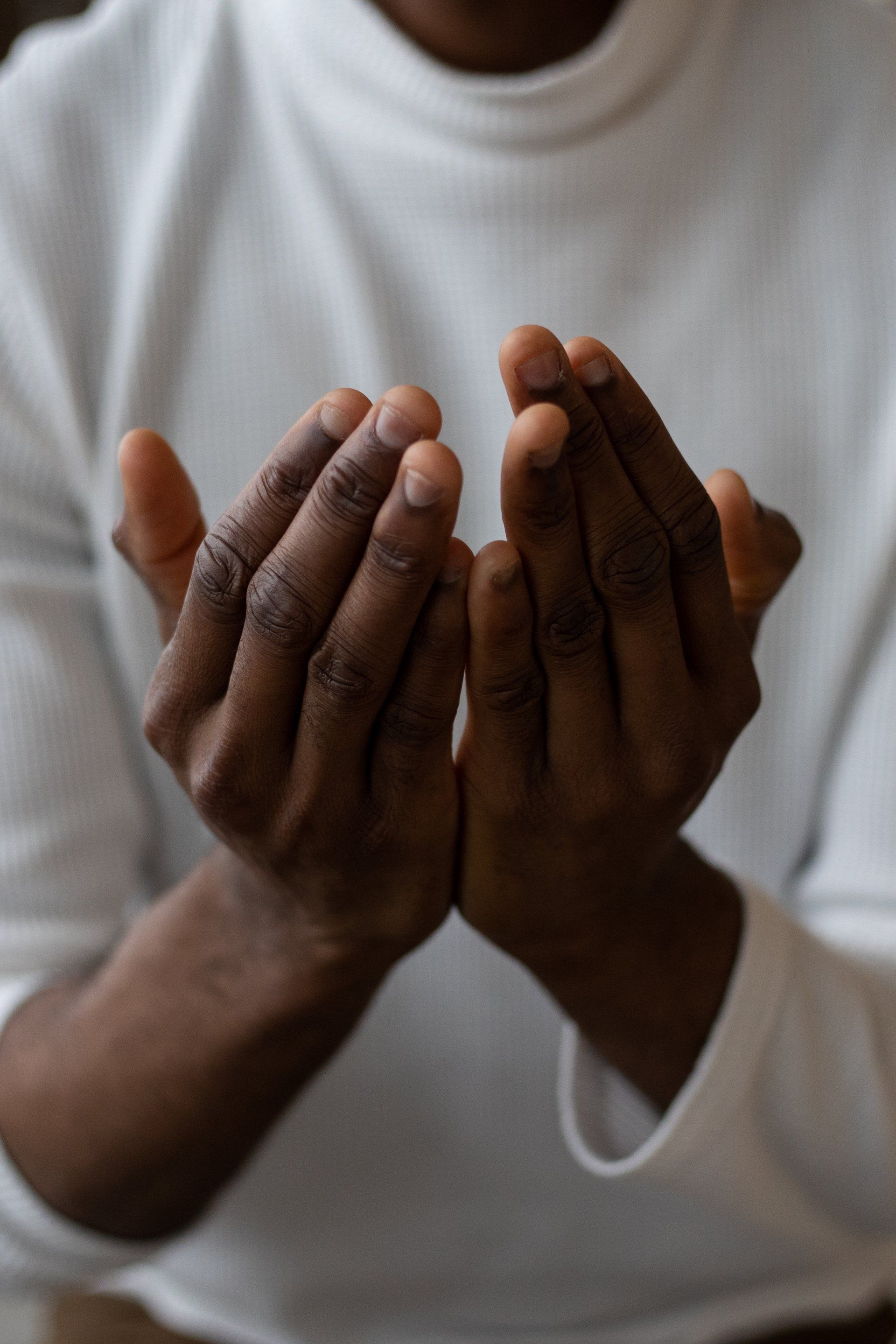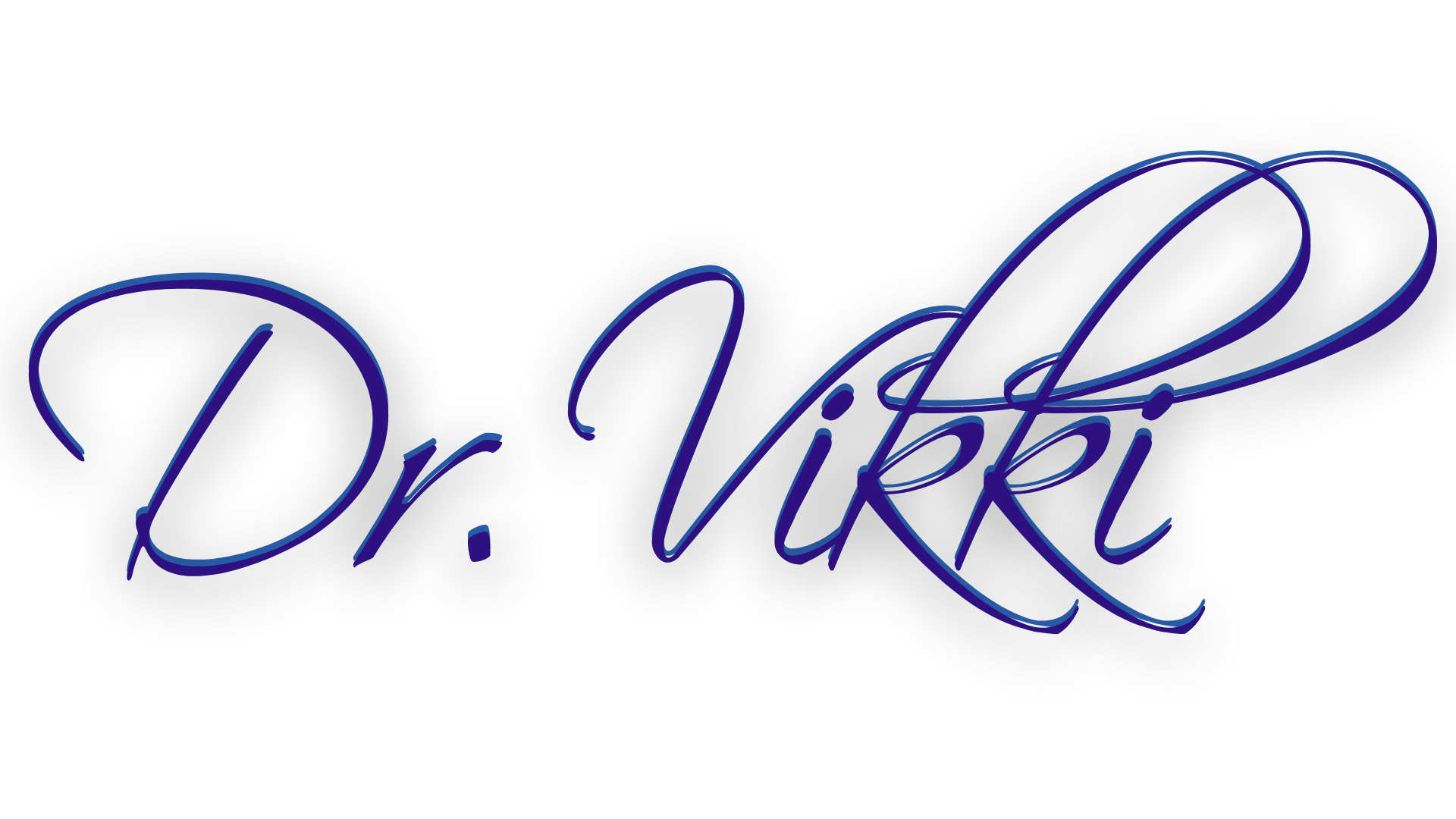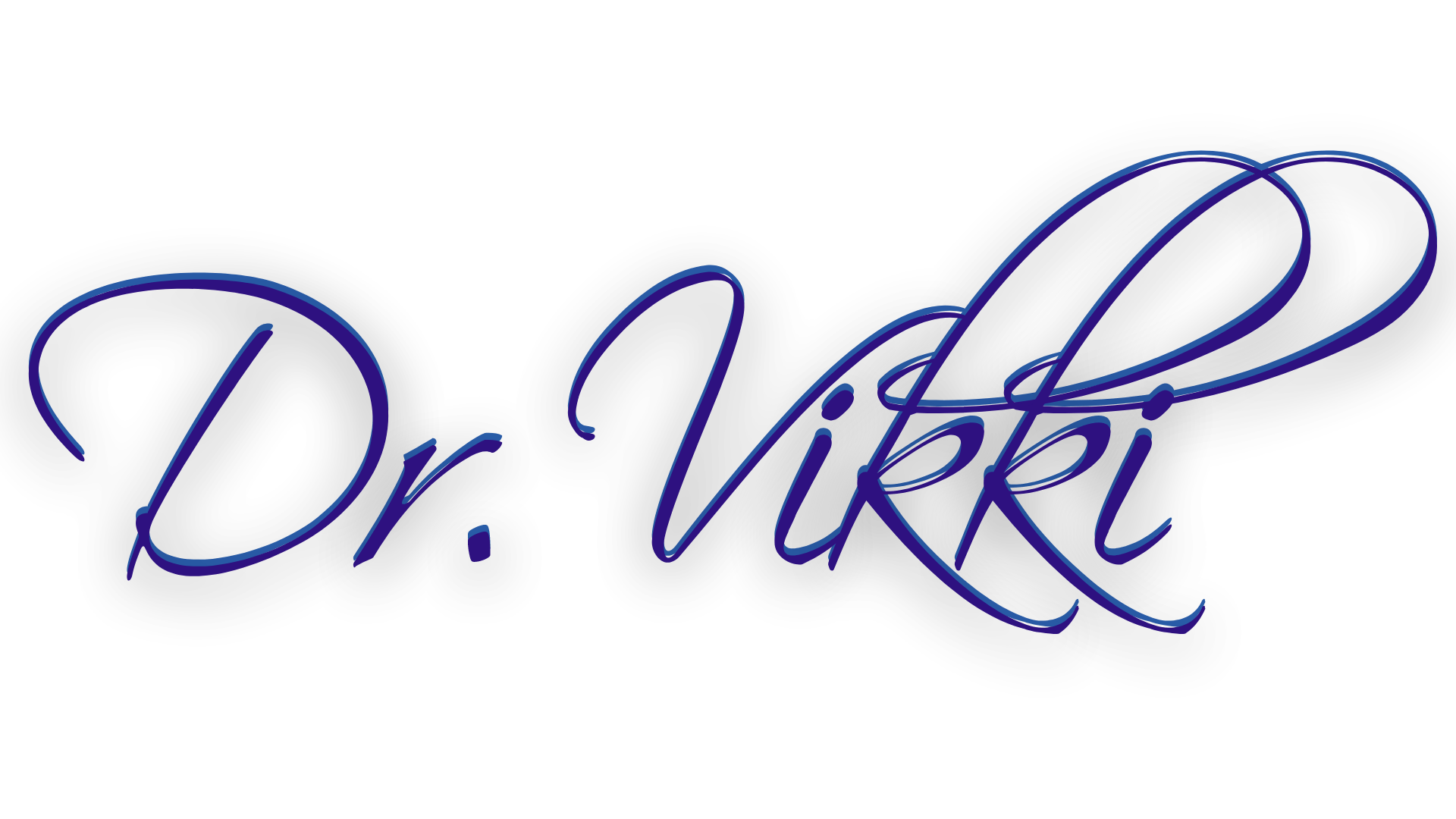Transforming Grief and Loss
During the past year or so, I've experienced multiple traumatic losses. My mother-in-law died on May 9, 2020. My mother died on June 10, 2020. One of my closest friends died on September 2, 2020. There were additional losses, an aunt, a cousin, church members, and others. With each loss, I faced a decision: choose to be depressed or choose to heal. I chose to heal. I cannot say this was/is an easy choice because healing occurs with each breath I breathe. It is a choice I've learned to make moment by moment. Some people take things one day at a time. I've learned that my healing requires me to live one moment at a time.
Losing my mother-in-law, mother, and close friend was shocking, and none of their deaths were expected. As I reflect on these losses, I think about how I have continued to live with a reasonable portion of my health and well-being. Walking meditations (and other mindfulness meditations), riding my bike, doing yoga, writing (especially in my gratitude journal), singing, listening to music, leaning on family and friends, changing my diet (and losing weight), and trying to improve my sleep habits, have helped me to cope with my grief. I also had to learn how to ask for help and extend myself some grace and self-compassion when I did not meet deadlines or live up to my extremely high expectations.
Knowing that others were depending on me forced me to choose myself first for a change. I had to take care of myself first. If I did not take care of myself, I would not be there for those who needed me.
Today and every day, I choose to be whole. Even when I feel sad, angry, frustrated, or anxious, I am still whole. Feeling those emotions enables me also to feel joy, peace, happiness, and contentment. Experiencing and embracing the broad range of emotions allows me to be fully myself -- fully human and fully divine.
Each of us can choose the way we want to live -- even during the most challenging times. Our circumstances may sometimes alter our choices, and that's okay. Choosing to be healthy and whole requires different decisions at different times. When things are going well, the choices we make may not be the same choices we make when things go awry. Either way, I believe we always have a choice.
